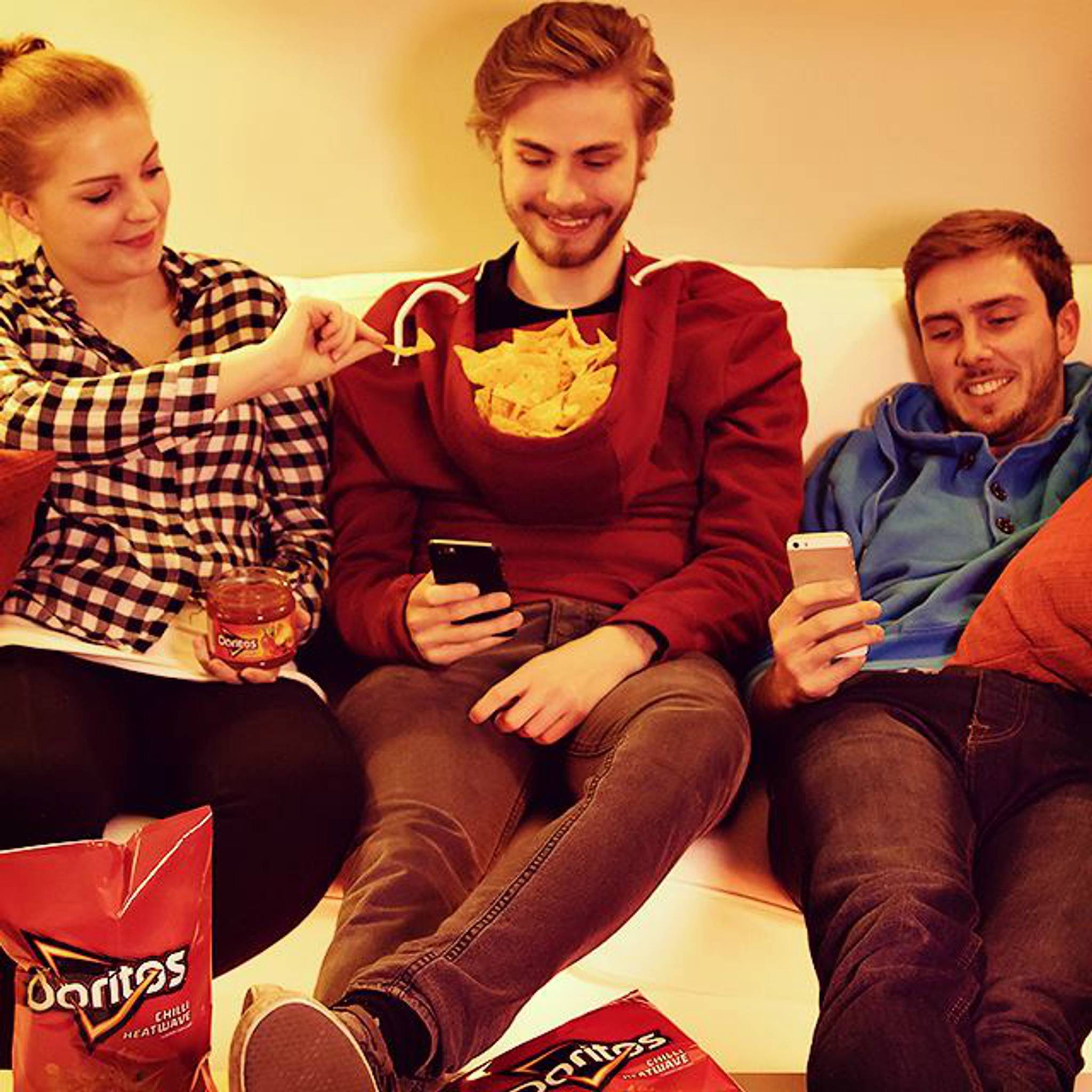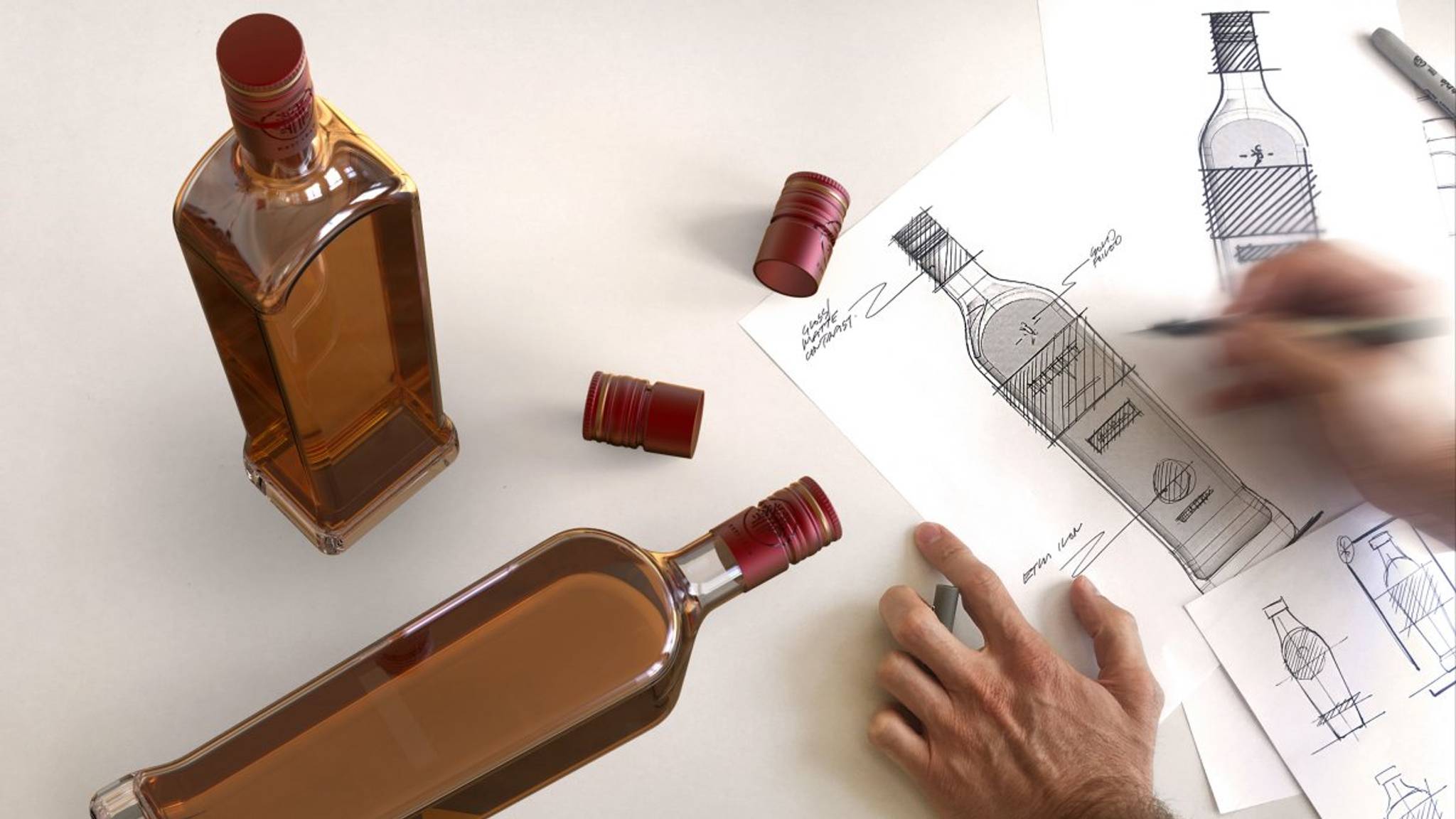
With female empowerment very much en vogue, brands are keen to jump on the bandwagon and flaunt their inclusivity. Switching out its usual logo of a man in a top hat for one of a woman, Johnnie Walker's ‘Jane Walker’ received a torrent of criticism. We explore the science behind why people are rejecting unnecessarily gendered products.
Johnnie Walker has released Jane Walker, bearing a 'female version' of its well-known logo of a striding man. The aim is to celebrate Women's History Month, highlighting the fact that the whiskey's original distillery was run by Elizabeth Cumming before John Walker bought it in 1893. But the re-gendered label has left a bad taste in people's mouths – especially the women who represent 37% of whiskey drinkers in the US. People have ridiculed the move online, seeing it as sexist and patronizing. “Scotch is so intimidating, just like math! Thank goodness someone is finally making scotch just for ladies!” says one Twitter user. “I drink scotch all winter and it makes no sense that it’s a ‘man's drink,’” writes another, while The Metro published a tongue-in-cheek ‘how-to’ guide for women wanting to drink whiskey.
Johnnie Walker’s revamped label – as well-intentioned as it may be – will only serve to alienate a demographic that already feels misrepresented and patronized by gendered marketing. It’s why people remain wary when brands make gender-specific moves, and why outrage ensued when PepsiCo announced that it would create snacks aimed specifically at women. With 48% of women in the UK saying they prefer to buy from companies that challenge gender stereotypes, and 77% agreeing that the way women are portrayed in advertising is stereotypical, it’s little wonder why people were upset by Johnnie Walker’s move.
“[Women] want to be invited into a conversation, they don’t need to be specifically marketed to in this way,” says Heather Green, author of Whisk(e)y Distilled: A Populist Guide to the Water of Life. “Their attempt could be perceived as cynical and pandering... but is it really moving the needle or making me emotionally connect to Johnnie Walker? Not yet.” As 85% of women feel advertising ‘needs to catch up with the real world’, there’s an opportunity for brands to reject gendered products and look to label-free inclusivity instead.
Rebecca Smith is a behavioral analyst at Canvas8, which specializes in behavioral insights and consumer research. She has worked with a number of global brands to help them better understand the mindsets of their audiences, from what people want from fake tan to how they feel about technology. Outside of work, you’ll find her binge-watching anime or with her nose stuck in a fantasy novel.



